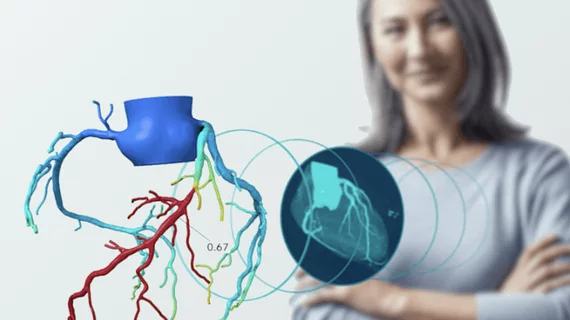HeartFlow, a California-based health technology company focused on cardiac care, is canceling its previously announced plan to merge with Longview Acquisition Corp. II and form a publicly traded company.
The decision is a result of “current unfavorable market conditions,” the company said in a statement.
The deal, originally announced back in July 2021, valued the combined entity — which would have gone by the name HeartFlow Group and been listed on the New York Stock Exchange as “HFLO” — at approximately $2.4 billion.
“We believe that our non-invasive, AI-enabled, cloud-based enterprise software solution can transform cardiovascular care with risk assessment, diagnosis planning and treatment management,” John H. Stevens, MD, president, CEO and co-founder of HeartFlow, said at the time. “Importantly, we have brought together a talented group of individuals with deep expertise in technology, cardiovascular medicine, and the business of healthcare and a deep commitment to patients to deliver on this vision.”
Heartflow offers a CT image-based algorithm to determine the fractional flow reserve (CT-FFR) of blood flow in the coronary arteries for the entire coronary tree. This non-invasive imaging method can help determine if a patient needs to got to the cath lab for revascularization or needs additional followup tests. It can also determine if a patient presenting to a hospital with chest pain can be discharged safely. CT-FFR can avoid the need for conventional catheter-based FFR wires inserted into the coronaries in an invasive cath lab procedure. The technology was included as a testing option in the 2021 chest pain imaging guidelines.
Related Cardiology Economics Content:
Judge dismisses cardiology practice’s $50M lawsuit against St. Louis health system
No Surprises Act takes effect, leading to a mix of cheers and jeers from heart specialists
Cardiologists report an average 2021 salary of $538K, up 2% from 2020, as pandemic continues

